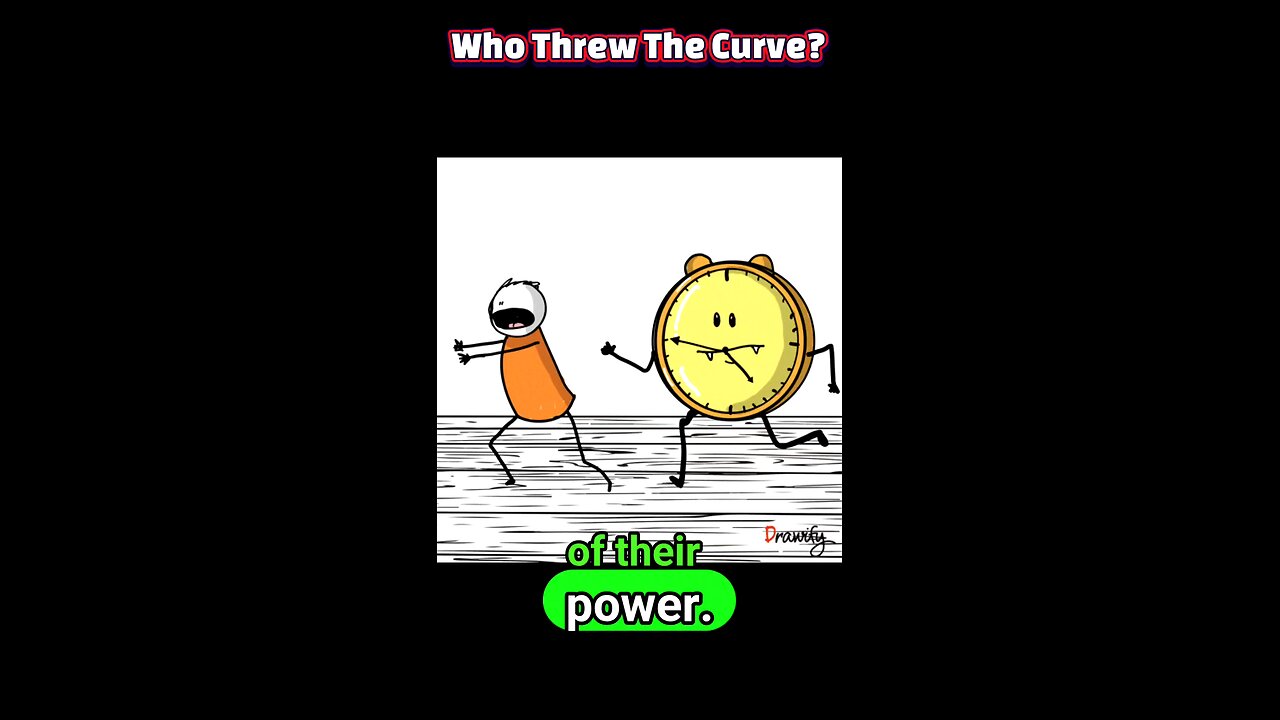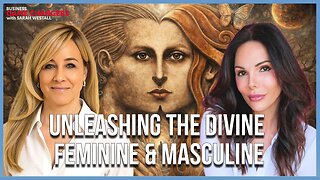Premium Only Content

Why Leading With Your Flaws Makes You Unstoppable
#PersonalGrowth #LifeHacks #MindsetShift #SuccessTips #Authenticity #Vulnerability #SelfImprovement #TrustBuilding #PowerMoves #CommunicationSkills
In a world obsessed with personal branding and highlight reels, there’s an almost instinctive urge to lead with our strengths. Yet, some of the most effective communicators, leaders, and creators understand the counterintuitive power of revealing flaws first. By acknowledging imperfections before showcasing abilities, you build trust, dismantle skepticism, and invite genuine connection. This approach taps into a deep psychological truth: people don’t trust perfection, but they respect honesty.
Revealing flaws early signals confidence, not weakness. When you own your shortcomings upfront, you demonstrate that you’re self‑aware enough to see the whole picture of yourself. This disarms critics who might otherwise fixate on your faults and reframes the narrative so you control how those faults are perceived. In negotiation, sales, or public speaking, this tactic can lower your audience’s defenses, making them more receptive to the strengths you reveal afterward.
There’s also a relatability factor at play. A creator who admits they struggled with procrastination before mastering productivity hacks instantly feels more human, and more credible, than one who claims unbroken discipline. The same holds true in leadership: a manager who shares that a project once failed under their watch can inspire a team by showing how that failure fueled growth. Flaws become the soil from which strengths visibly grow, making success stories more compelling.
Moreover, revealing flaws before strengths flips the emotional sequence of persuasion. If you start with perfection, every subsequent detail risks feeling like a letdown. If you start with vulnerability, each strength becomes a surprising turn, creating an upward arc in your listener’s perception. This is a narrative technique used in storytelling, comedy, and even marketing campaigns, hook them with authenticity, then wow them with capability.
Ultimately, revealing flaws before strengths isn’t about self‑sabotage, it’s about storytelling with integrity. It turns vulnerability into an asset and positions your strengths as earned, not inherited. In a noisy landscape where everyone is competing to look flawless, the most memorable voices are often those who begin with, “Here’s where I’m not perfect…” and then show, convincingly, why that imperfection is part of their power.
-
 2:02:44
2:02:44
megimu32
7 hours agoON THE SUBJECT: CHRISTMAS CORE MEMORIES
42K6 -
 2:16:09
2:16:09
DLDAfterDark
6 hours ago $4.26 earnedThe Very Merry HotDog Waffle Christmas Stream! Gun Talk - God, Guns, and Gear
36K7 -
 1:19:51
1:19:51
Tundra Tactical
17 hours ago $15.21 earnedThursday Night Gun Fun!!! The Worlds Okayest Gun Show
58.3K -
 55:11
55:11
Sarah Westall
1 day agoHumanity Unchained: The Awakening of the Divine Feminine & Masculine w/ Dr. Brianna Ladapo
46.8K4 -
 1:42:41
1:42:41
Glenn Greenwald
12 hours agoReaction to Trump's Primetime Speech; Coldplay "Adultery" Couple Reappears for More Shame; Australia and the UK Obey Israel's Censorship Demands | SYSTEM UPDATE #560
155K96 -
 2:46:41
2:46:41
Barry Cunningham
10 hours agoBREAKING NEWS: President Trump Signs The National Defense Authorization Act | More News!
65K32 -
 43:10
43:10
Donald Trump Jr.
11 hours agoThe Days of Destructive DEI are Over, Plus Full News Coverage! | TRIGGERED Ep.301
124K89 -
 52:07
52:07
BonginoReport
11 hours agoThe Internet Picks Bongino’s FBI Replacement - Nightly Scroll w/ Hayley Caronia (Ep.200)
116K84 -
 55:30
55:30
Russell Brand
12 hours agoStay Free LIVE from AmFest — Turning Point USA - SF665
141K14 -
 1:11:26
1:11:26
Kim Iversen
13 hours agoTrump Pulls War Fake-Out…Attack on Venezuela Still Coming!?
92.3K120